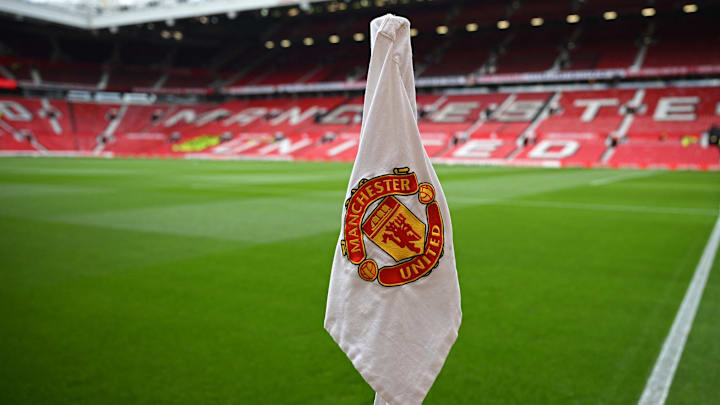Man Utd Strikes Gold with Massive New Sponsorship Deal, Proving Commercial Dominance Remains Unstoppable

Manchester United might be experiencing their most challenging period in fifty years, having concluded 15th in the Premier League during the previous campaign and failing to achieve back-to-back league victories throughout the entire season. However, the club's lasting influence remains evident and powerful.
While silverware continues to arrive at a consistent pace that most clubs would desperately envy, United hasn't achieved success according to their own benchmarks for over ten years.
Matheus Cunha expressed that it was "difficult to articulate" his emotions regarding the club, having observed United matches at his grandmother's home during his childhood in Brazil. He didn't experience those same sentiments toward Newcastle, despite the Magpies being able to provide Champions League participation this campaign.
Benjamin Šeško made an identical decision, choosing Old Trafford over St James's Park, even though Newcastle presented the more attractive proposal to RB Leipzig. Similarly, Bryan Mbeumo indicated his preference for Manchester United early in discussions, while being connected to Newcastle and Tottenham Hotspur.
Despite United's regression on the field during 2024–25, reaching unprecedented depths even in the post-Sir Alex Ferguson era, the club continues to be an enormous attraction with few possessing comparable global magnetism. This same trend applies to sponsors and commercial allies.
During the previous summer, United experienced record-setting launches for their home, away, and third kits. This success led principal shirt sponsor Qualcomm, whose Snapdragon brand features on the Red Devils' jerseys, to swiftly activate a two-year extension just weeks after the partnership commenced.
This week, the organization revealed Coca-Cola, boasting worldwide revenues exceeding $47 billion in 2024, as a new official partner through a multi-year agreement. One of the globe's most recognized brands views United among the earth's "most legendary" football institutions, regardless of difficulties and poor performance on the field, possessing a "heritage of excellence" they consider worthy of investment.
In contrast, Chelsea are beginning their third consecutive season without a primary shirt sponsor. Even as one of England's most triumphant clubs this century, the recently-crowned 'world champions' have consistently struggled to secure a principal shirt partner that satisfies both their financial requirements and represents an appropriate long-term match.
When Manchester United begins performing consistently well on the pitch again, the club could rapidly become dominant once more.
